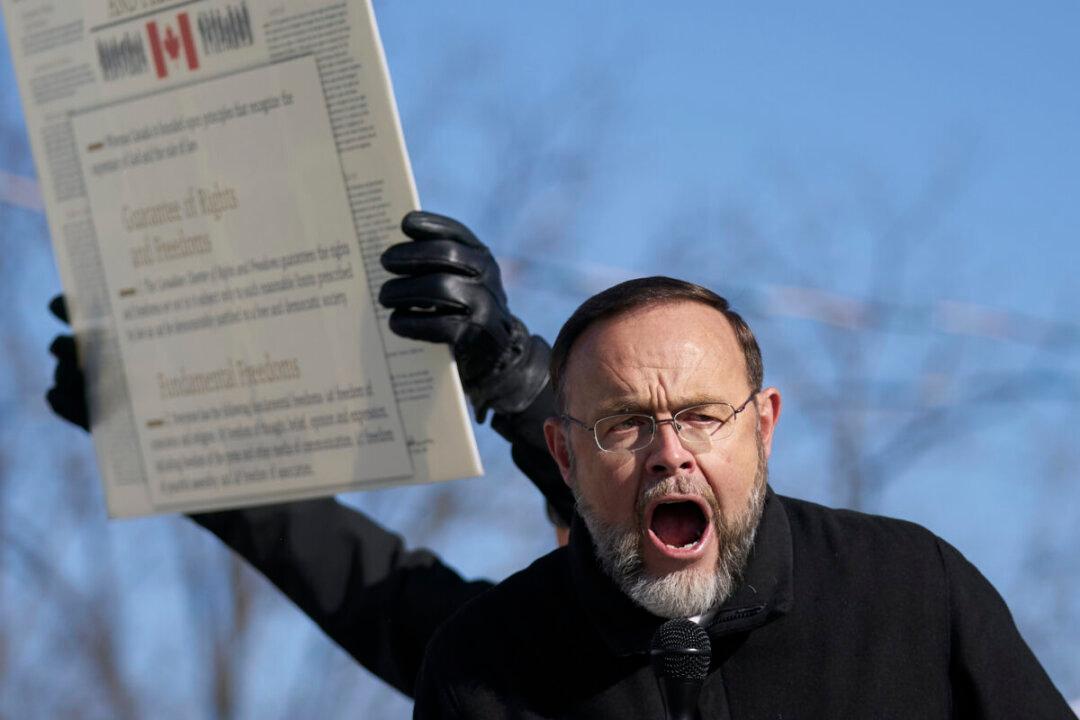Aylmer’s Church of God Pastor Henry Hildebrandt says he has pleaded guilty to one count of violating pandemic rules, accepting a deal so that his other charges will be dropped.
“I admitted today to one count of obeying God rather than man. I freely admit that we violated the Reopening Ontario Act, an act which brazenly violated Section 2 of the Charter of Rights and Freedoms,” the pastor said in a video he posted on Aug. 24 to X, formerly known as Twitter.





